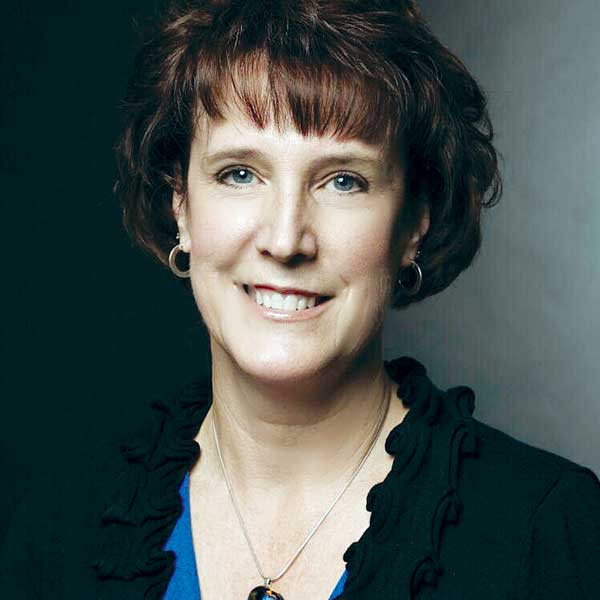
Staring at the axe, I wondered how he felt swinging it in the air. The heaviness of the axe surely represented the heaviness of the past four years of war.
Hearing the crack of the contact with the wood as it split it apart must have given him a feeling of accomplishment. Was he taking his weariness out on the wood, or was he doing a task that he knew needed to be done to keep his people warm?
Chopping wood, many would have argued, is not a task that the president of the United States should be engaged in doing. Clearly, there were more pressing needs of his attention. Yet, there he was on that April evening, chopping wood. When finished, he held the axe straight out with one hand perpendicular to his body — an old county fair strongman’s feat.
Earlier that day, the president had visited the 200-acre Depot Field Hospital. He had promised in his second inaugural address of the importance of caring “for him who shall have borne the battle.” He was determined to stay true to his promise.
When he arrived, he was escorted to the field kitchen. He refused to eat and said he wanted to see his people. Both those who had fought for his vision and those who fought against it. He walked from tent to tent. Not shying away from the ravages of the war. Shaking the hands of all, crying with some, comforting others.
It is reported that he arrived at the cot of a decorated colonel of the opposing army. Upon arriving the president held out his hand to the colonel, who asked, “Sir, do you know whom you offer your hand?”
“I do not,” he replied.
“I am the man who has fought you for the last four years.”
“Well,” said he, “I hope a colonel will not refuse me his hand.”
“No, sir, I will not.”
The two men shook hands understanding that the work ahead of them was one of unity and healing. In the last few weeks as I have heard the words — unprecedented, uncharted and uncertain — I have thought about leadership in times of turbulence. I have always valued the leadership of Lincoln.
Lately, I have found myself wondering what he would do in these times. I know one thing for sure: He would not be shaking hands. How would he still connect with his people? How would he convey his heart? He knew that his troops needed to feel connected to a leader who represented them, cared about them. Someone who was able to take disparaging bits of information and somehow draw a line to the future that they could trust and follow.
In my own leadership walk, I have leaned into the following lessons I have learned from Lincoln’s actions. Truth then, especially truth today:
1. Be a Person For the People Over Being a People Person. Stand tall and build relationships with your people. Lincoln was a leader who acknowledged everyone. He did not say, “Here I am.” Instead he said, “There you are.”
2. Passion: “I want to Do Something Significant.” Every great leader must find their significant something. Now is the time to be significant.
3. Character Builds a Necessary Trust. A strong character inspires trust. Trust is an outcome based on actions. A leader of strong character does not shrink from what is hardship.
4. Produce a Clear Vision and Trajectory. The capacity to imagine something better and communicate it is essential for leadership. Draw the line that people can follow to the future.
5. The Ability to Communicate Effectively. Caring about the people you lead means taking the time to choose the words necessary to connect with them . Help them to see your passion and direction you are wanting to go.
Caring for the most vulnerable populations in the face of COVID-19 feels overwhelming, the hours are grueling and what was decided upon five minutes ago has now changed. There is not enough time in the day to think, let alone lead. Do not let your leadership be lost in the chaos.
Metaphorically pick up your axe and chop wood for your people. They need you right now. They need to know where you are going and what will happen along the way. They want to be a part of a team that has clarity on the mission of the fight.
The fight that we are all engaged in is to protect and care for those we are entrusted to protect and care for on a daily basis.
Sources:
https://www.historynet.com/powerful-intense-emotional-lincolns-visit-to-the-war-wounded.htm https://www.inc.com/bubba-page/5-leadership-lessons-from-abraham-lincoln-for-your-business-today. html
Martie L. Moore, MAOM, RN, CPHQ, has been an executive healthcare leader for more than 20 years. She has served on advisory boards for the National Pressure Ulcer Advisory Panel and the American Nurses Association, and she currently serves on the Dean’s Advisory Board at the University of Central Florida College of Nursing. She recently was honored by Saint’s Martin’s University with an honorary doctorate degree for her service and accomplishments in advancing healthcare.




